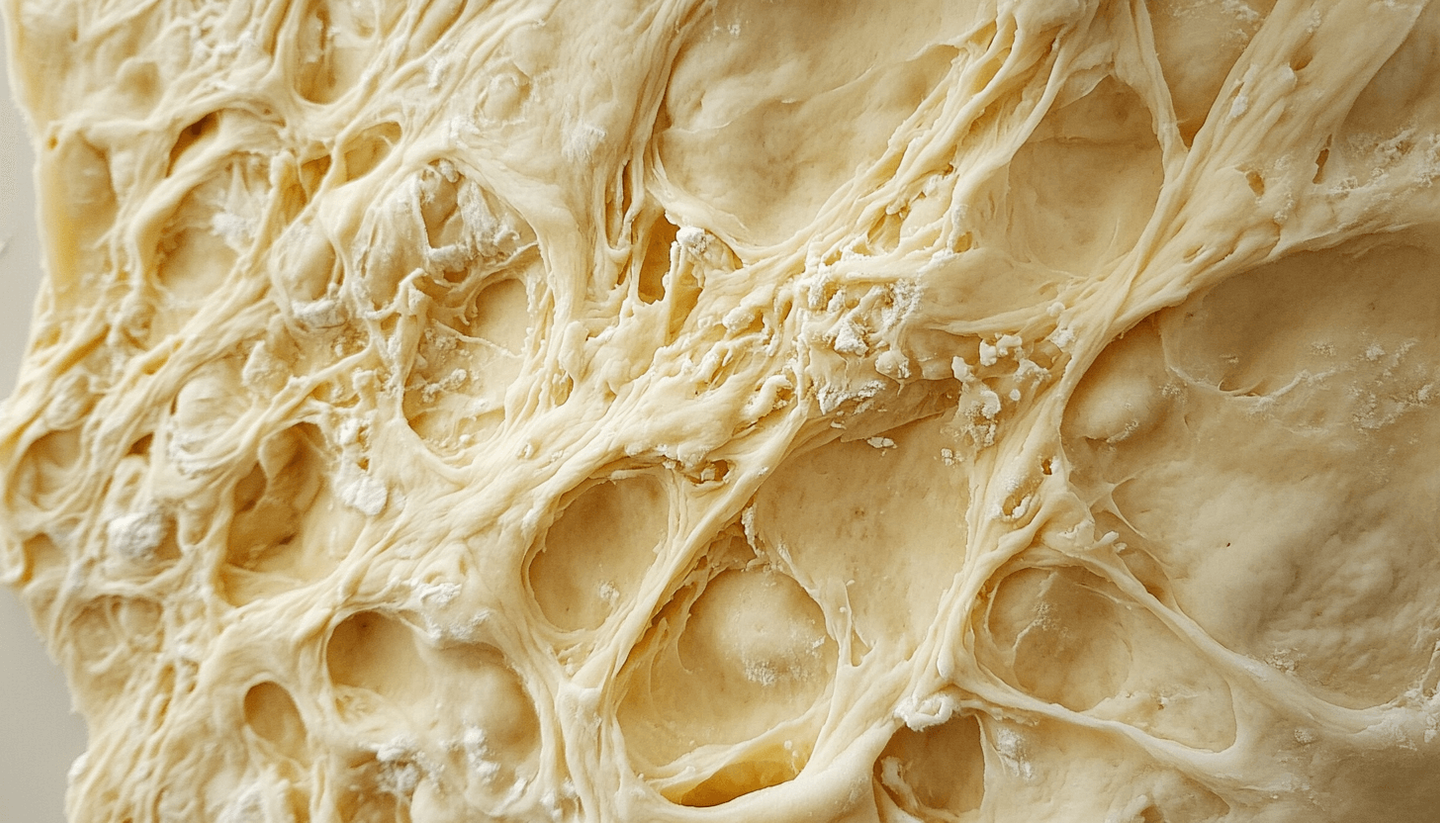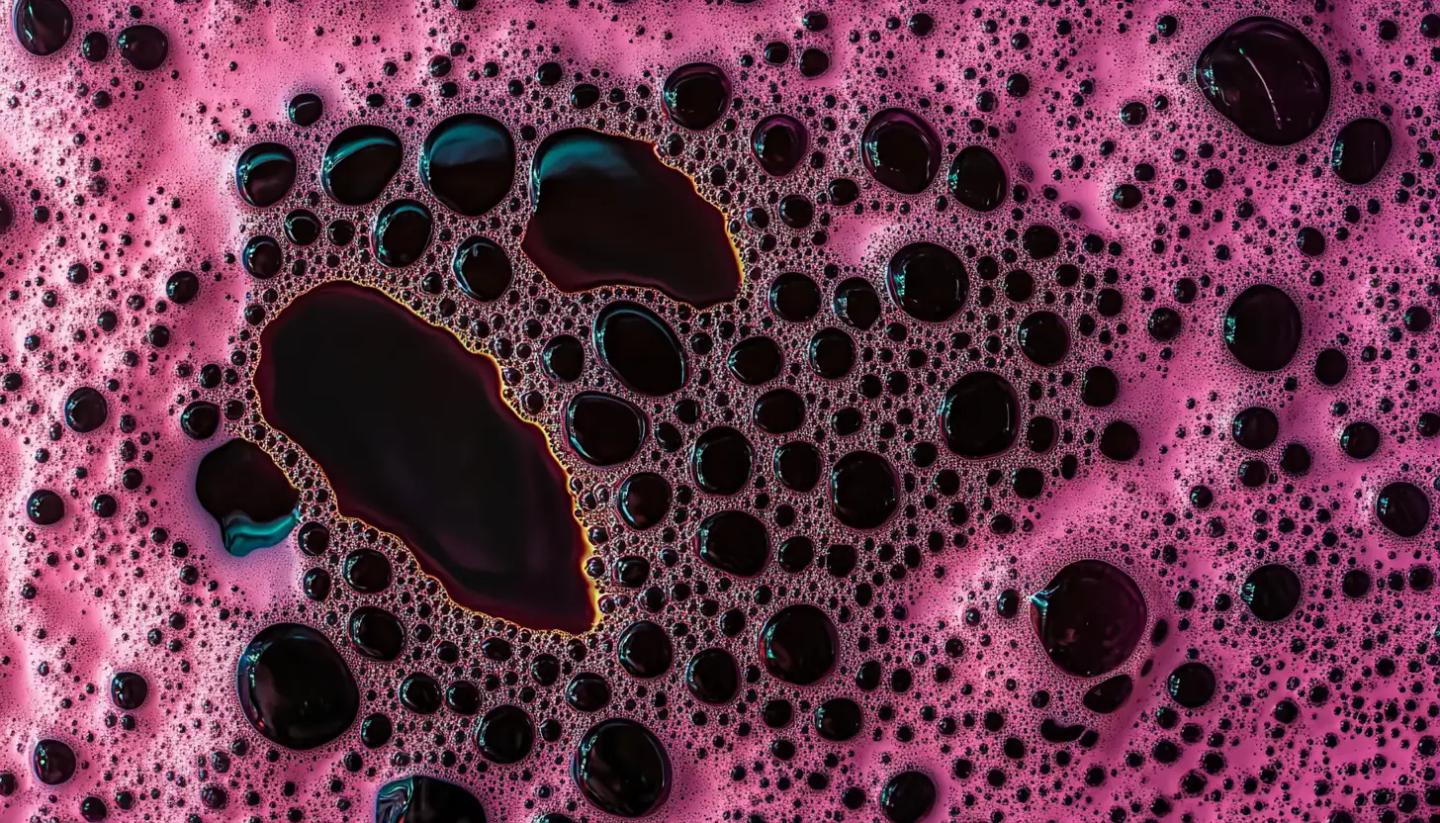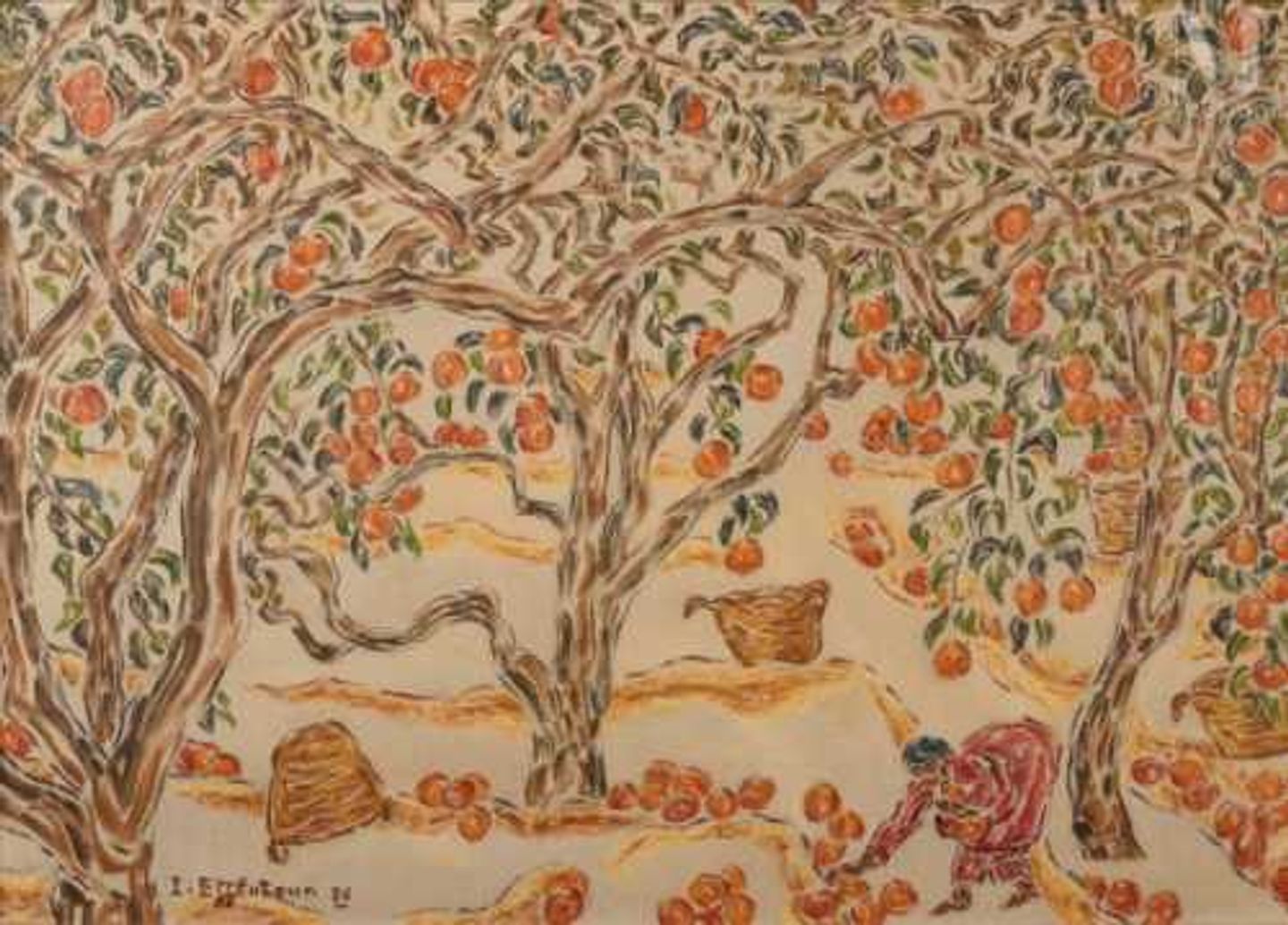- altMA
Alternative MA 2025/2027
- shCO
Queer Food
- shCO
Roots: Biopower and Resistance
Alternative MA 2025/2027
Queer Food
Roots: Biopower and Resistance
altMA Alternative MA 2025/2027

Read more
This Alternative MA (altMA) pursues the reconceptualisation of the world through food, reframing a food-scape reality where to develop an artistic practice.
shCO Queer Food

Read more
Food and the queer are intrinsically intertwined, shaping social perceptions, cultural narratives, and personal identities.
shCO Roots: Biopower and Resistance

Read more
Exploring Biopower & Resistance through Food